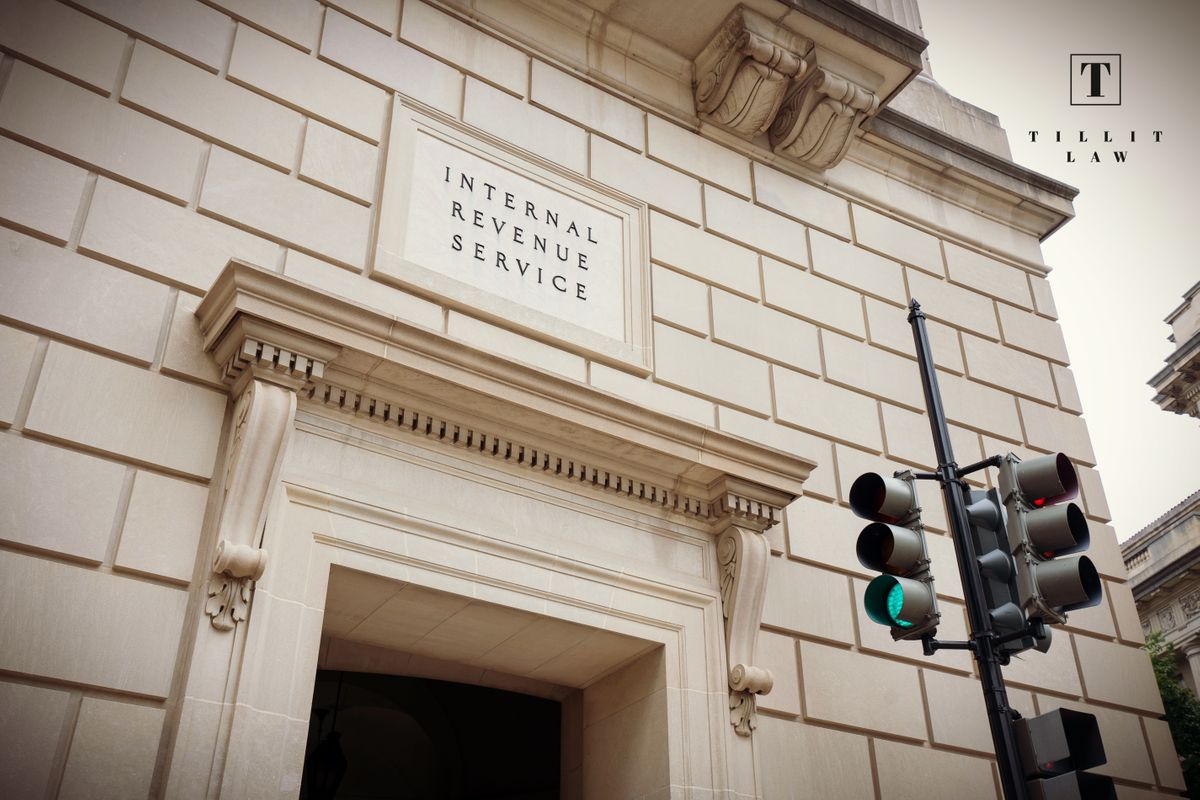The Competition in Contracting Act (CICA) mandates the use of procurement procedures enabling full and open competition in federal acquisition. Agencies may not place task or delivery orders that fall outside the scope of the underlying blanket purchase agreement (BPA) or indefinite delivery indefinite quantity (IDIQ) contract as such requirements are subject to full and open competition under CICA. In such protests, the protestors generally challenge the award against the master contract by alleging that the task or delivery order improperly exceeded the scope of the underlying master contract. The adjudicative forum must then decide whether material differences in scope exist between the order at issue and the relevant underlying master contract.
In B-412821, the Government Accountability Office (GAO) sustained such a bid protest challenging the issuance of an out-of-scope sole-source delivery order under a Government Services Administration (GSA) Federal Supply Schedule (FSS) Blanket Purchase Agreement (BPA). The protest involved the acquisition of Microsoft e-mail products for the Internal Revenue Service (IRS). The BPA was issued in 2013 for maintenance and software assurance services for the IRS’s existing inventory of Microsoft products and services for a period of three years. The BPA included a complete schedule of the Microsoft product licenses owned by the IRS and their quantities. Under the BPA, the IRS was expressly permitted to upgrade and use the latest version of each Microsoft product during the term of the BPA if it so chose. Additionally, if Microsoft products owned by the IRS became unsupported by the manufacturer, the IRS retained the right to convert its licenses to comparable, supported products at no cost. In other words, by utilizing this BPA, the IRS intended to keep its portfolio of Microsoft licenses up to date with the latest versions.
The delivery order subject to the protest was placed against the BPA by the IRS in June 2014. The protestor alleged that the IRS was exceeding the scope of the underlying BPA by improperly acquiring email-as-a-service (EaaS) capabilities on a sole-source basis. Notably, the IRS’s email capabilities at that point resided entirely on local agency computers and were obtained using more than 100,000 Office Professional Pro Licenses on a term basis. The protestor argued that since EaaS was a cloud-based product that did not install software on local IRS computers, it was distinct from what the IRS contemplated acquiring under the BPA. Therefore, the IRS should have competed its EaaS requirements among vendors capable of providing the service.
The IRS denied the protestor’s allegations and stated that it did not acquire a new EaaS capability. Instead, the IRS maintained that it simply upgraded its Microsoft licenses to the latest version of Microsoft products, as was its prerogative under the BPA. Specifically, the contracting officer (CO) stated that the IRS upgraded its “Office Professional Plus” licenses to “Office Pro Plus” licenses on a term basis, pointing out that the licenses would all reside locally on IRS computers. Notably, the “Office Pro Plus” product was a “hybrid” cloud email solution enabling the IRS to host most of its email users on the cloud while hosting certain user accounts requiring enhanced security locally on IRS servers. However, the government argued that despite this hybrid capability, the IRS did not deploy any user email accounts to the cloud. Additionally, the CO stated that the IRS did not purchase an EaaS capability or acquire a Microsoft 365 product. Therefore, the IRS argued that in acquiring “Office Pro Plus” licenses under the BPA, it was simply upgrading to the “latest and greatest” version of the “Office Professional” product as it had done for years.
The GAO disagreed, finding that the CO’s representations were factually inaccurate. Specifically, the GAO found that the “Office Pro Plus” product acquired under the BPA was an Office 365 cloud-based product distinct from the “Office Professional Plus” licenses owned by the IRS. In the decision, the GAO pointed to an IRS senior IT official’s email, which noted that the official had not been advised of the agency’s acquisition of Office 365 licenses. In the email, the agency official also referred to the “Office Pro Plus” product as a “cloud solution for email.” In addition to pointing to the hybrid nature of the cloud email solution, the GAO also noted the differences between Microsoft product literature for the hybrid cloud product licenses acquired and the licenses originally contemplated under the BPA.
Specifically, the IRS had “Exchange Standard Client Access Licenses” in its existing inventory under the BPA. Microsoft product literature described these licenses as enabling users to access an organization’s own network server. On the other hand, the protested delivery order placed an order for Microsoft’s “Exchange Online Service,” which was described by Microsoft as a product designed to host emails on Microsoft servers in the cloud. Therefore, the GAO found that the IRS had acquired a cloud-based Microsoft 365 EaaS product via the delivery order despite the underlying BPA not identifying any cloud-based products. Such an acquisition exceeded the scope of the BPA because the BPA’s terms limited acquisition under it to updated or replacement versions of preexisting software already installed locally on agency computers. Finally, the GAO also determined that the IRS’ decision not to utilize Microsoft cloud servers by deploying the acquired software product locally within the IRS computing environment was made in reaction to the subject protest. Therefore, the GAO sustained the protest by deciding that the IRS used the delivery order to acquire a “hybrid” cloud-based email solution materially different from the products contemplated under the BPA.
CICA's full and open competition requirements apply to task or delivery orders that exceed the scope of the underlying master contracts. Thus, FSS delivery orders outside the scope of the underlying BPA are subject to the requirement for competition. When protesting task or delivery orders that exceed the scope of the underlying master contract, protestors must demonstrate that the order is materially different from the underlying master contract. Protestors can prove this by showing that the task or delivery order could not have been reasonably anticipated when the underlying master contract was initially awarded. Protestors can find evidence of material difference by comparing the terms of the master contract at the time of award with the terms of the task or delivery order. If the terms of the master contract or its solicitation did not reasonably advise offerors of the potential for the type of work contemplated by the task or delivery order, the order may be protested for violating competition requirements.
This Bid Protests Insight provides a general summary of the applicable law in the practice area and does not constitute legal advice. Contractors wishing to learn more are encouraged to consult the TILLIT LAW PLLC Client Portal or Contact Us to determine how the law would apply in a specific situation.





